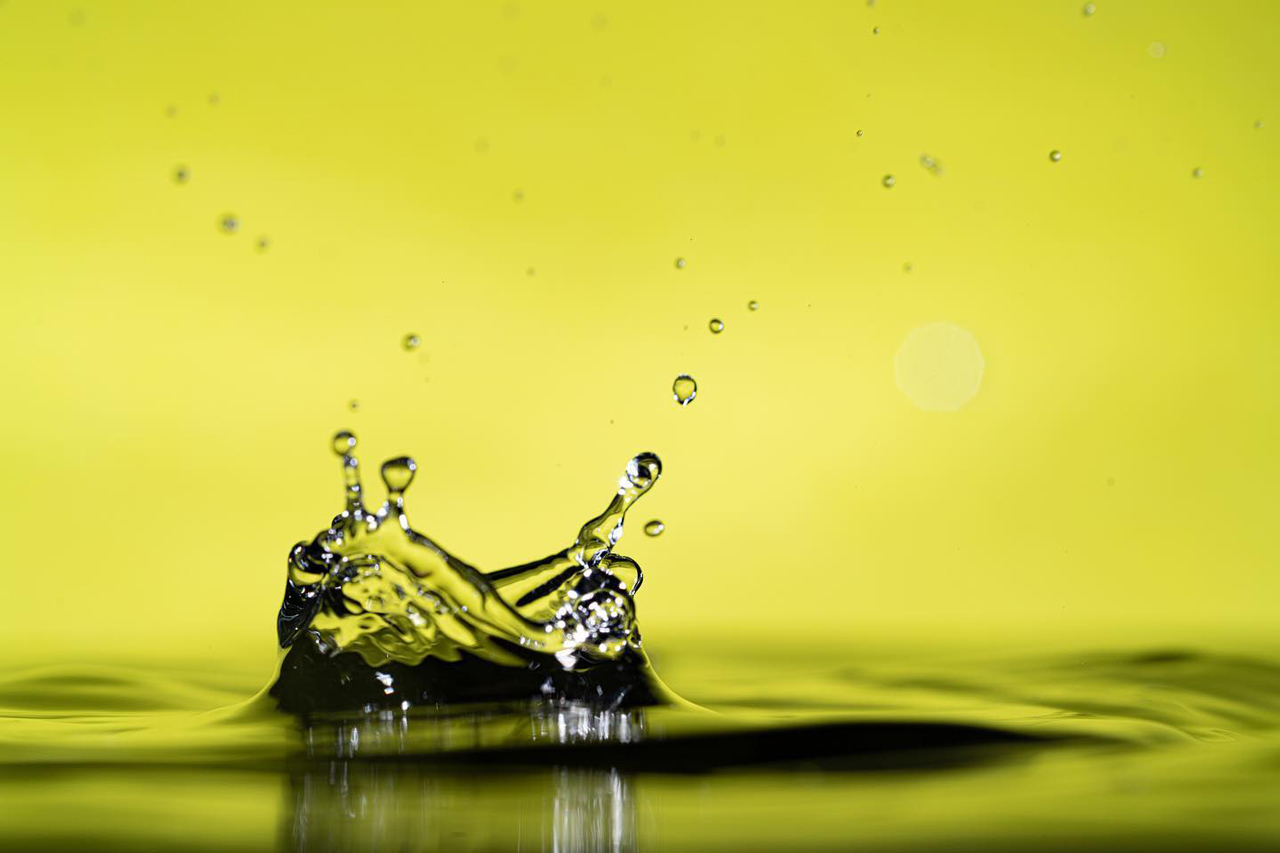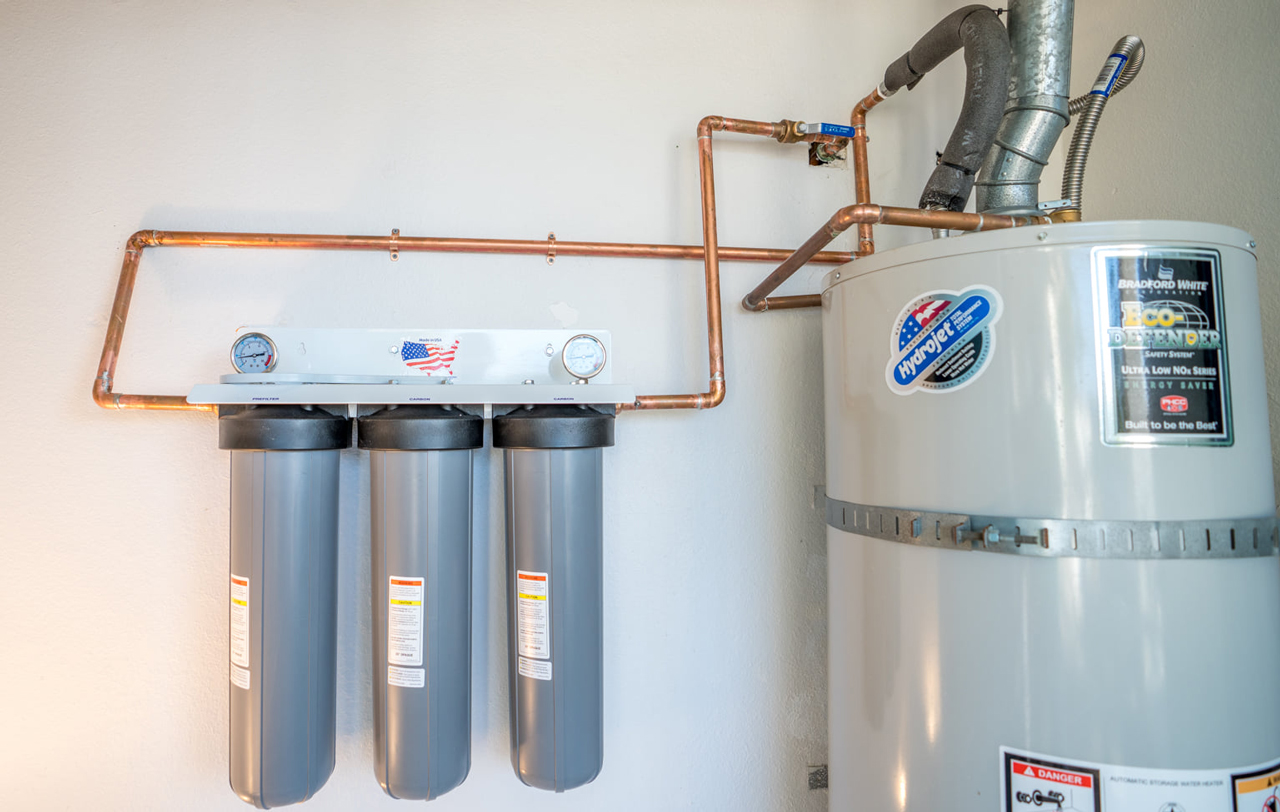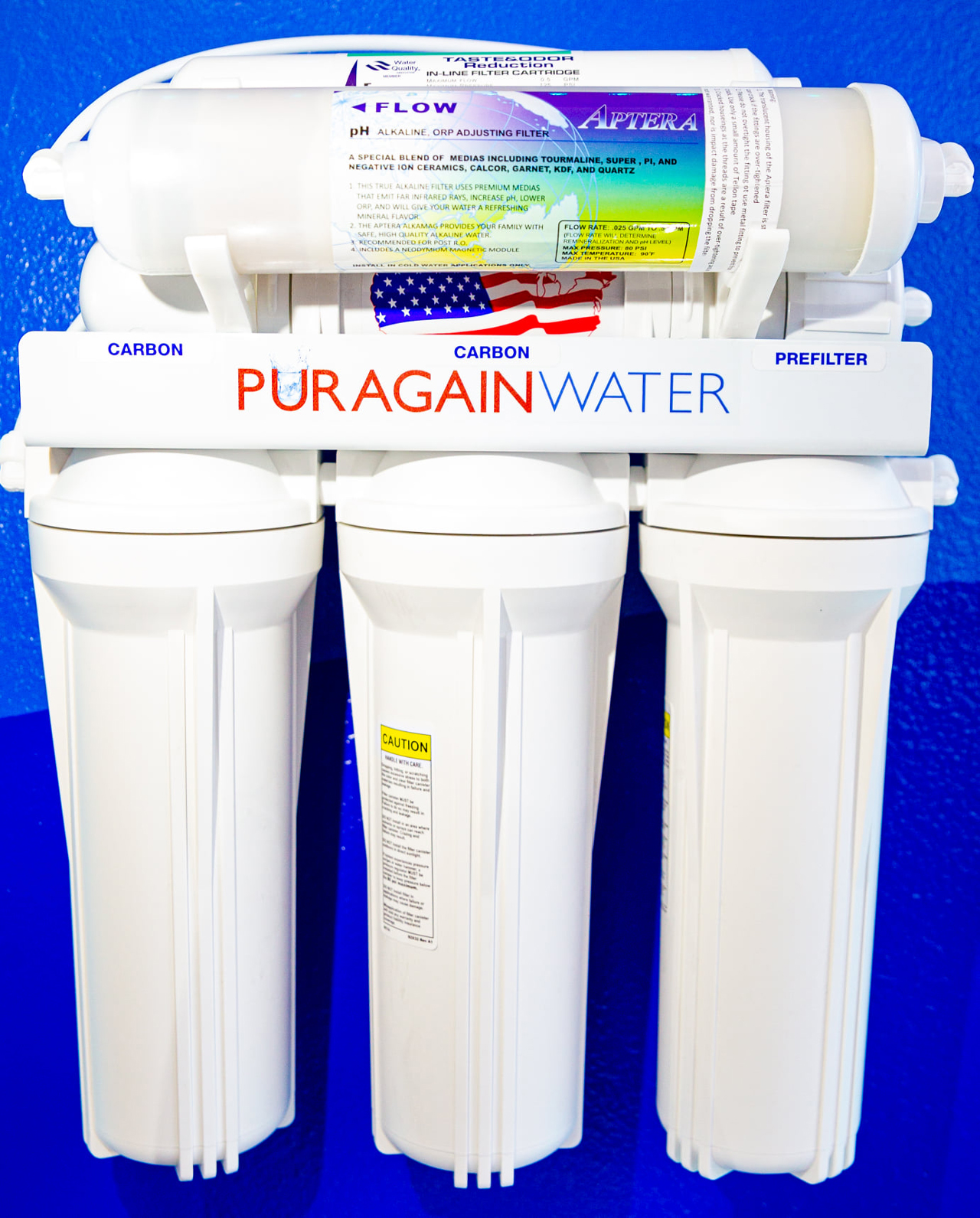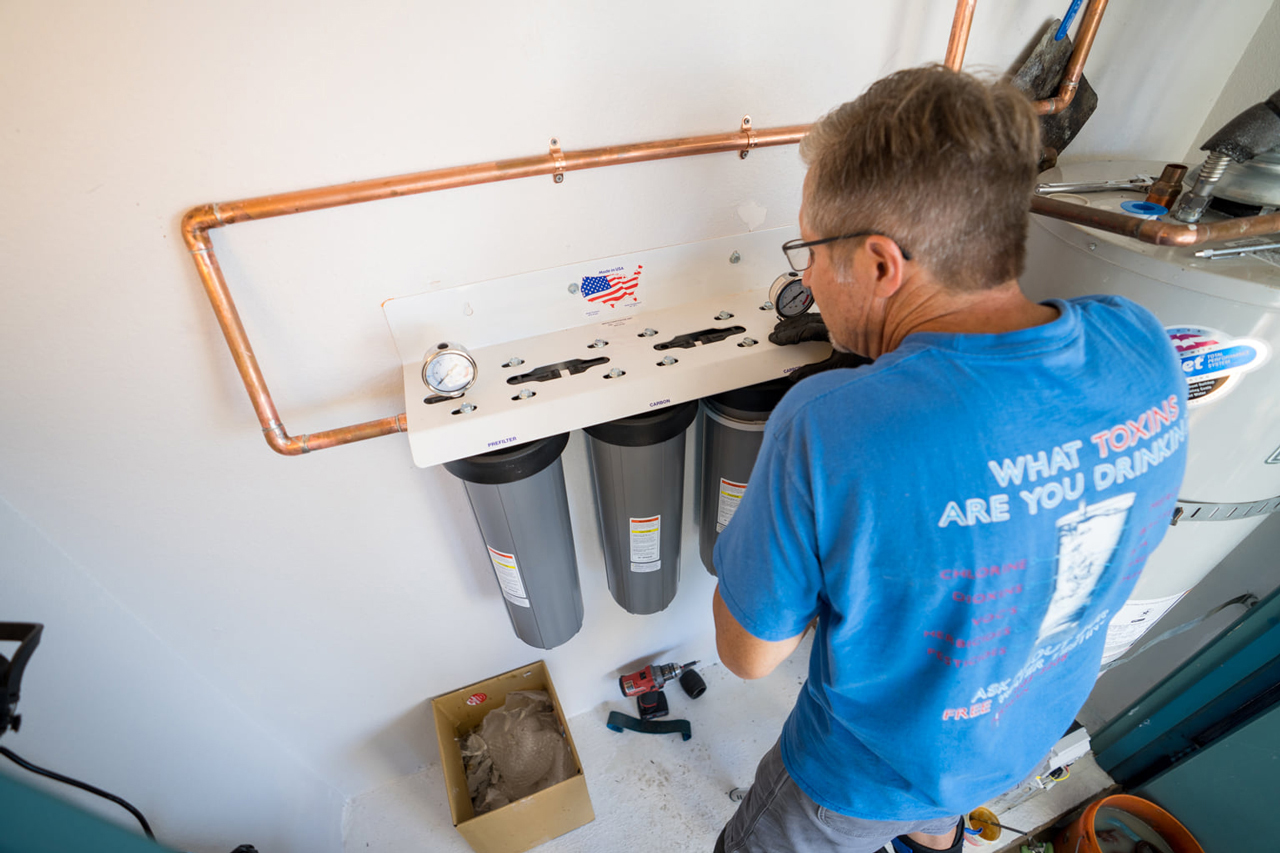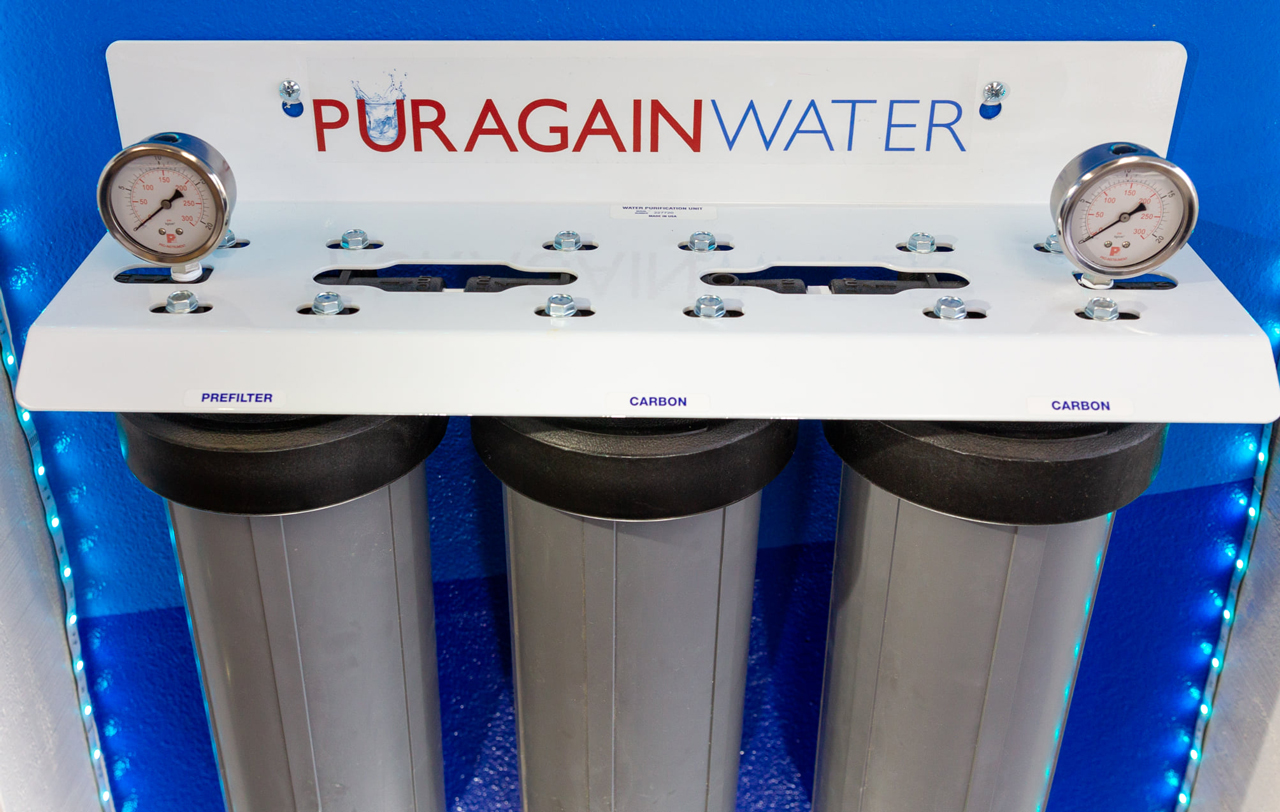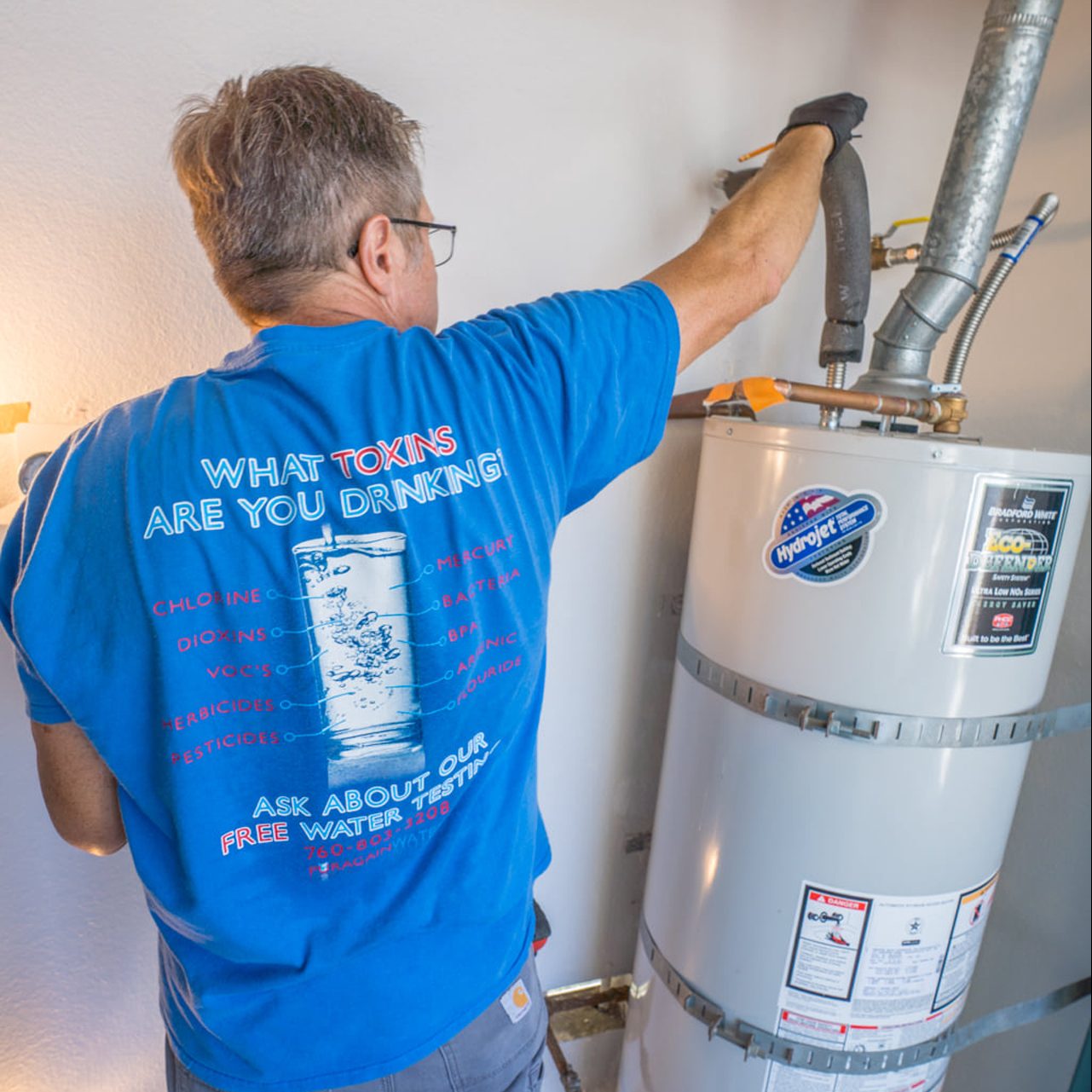
A water filtration system and water softener are both essential in improving water quality, but the question remains: Do you need both?
Water filtration systems are designed to remove impurities and contaminants from the water, while water softeners address hard water issues caused by dissolved minerals such as calcium and magnesium.
While some systems, such as whole-house water filtration systems, combine both features, in most cases, you would need separate water treatment systems to address specific water quality issues.
Factors such as the type of water supply, presence of harmful contaminants, and volume of water usage can help determine which type of system to install. Knowing the pros and cons of each system can help you make an informed decision on what will work best for your household.
The Difference Between Water Filtration Systems and Water Softeners
Water filtration systems and water softeners are crucial for ensuring that your tap water is safe and healthy to drink. These two types of water treatment solutions address different issues with your water quality.
Water softeners work to remove hard minerals like calcium and magnesium from your water supply by using the ion exchange process. In contrast, water filtration systems target a broad range of contaminants like sediments, chemicals, and bacteria that may be present in your water source.
It’s essential to understand the differences between the two systems before choosing which one to invest in for your home. A water softener can prevent issues like dry skin, soap scum buildup, and water scale buildup, while a water filtration system can eliminate unpleasant taste and odors, and trace amounts of dissolved solids, and contaminants from water.
Investing in both a water filtration system and a water softener can offer many benefits, including softer skin, cleaner dishes, and better-tasting drinking water. It’s essential to understand your specific water quality issues to determine which system or combination of systems will work best for your household.
Understand Your Water Quality Issues
To determine whether you need a water filtration system, water softener, or both, it’s essential to understand your water quality issues.
A water test can help identify the contaminants present in your water supply, including dissolved solids, chemical odors, bacterial contamination, and trace amounts of other contaminants.
Knowing the specific water quality issues can help you select the right type of system for your home.
Benefits of Investing in a Water Filtration System and Water Softener
Investing in a water filtration system and a water softener can provide several benefits. Water filtration systems can improve the taste and smell of tap water by removing impurities and contaminants.
They can also protect your plumbing fixtures and appliances by preventing scale buildup and corrosion. Meanwhile, water softeners can improve skin and hair health, reduce soap scum and cleaning time, and extend the life of water-using appliances like washing machines and water heaters.
Combining both systems can provide comprehensive water treatment solutions for your home, ensuring that you have safe and high-quality water for drinking, cooking, and cleaning.
Choose the Right Water Treatment Solution for Your Home with Puragain Water!
Looking for the right water treatment solution for your home can be a daunting task, but it doesn’t have to be. At Puragain Water, we understand the importance of clean and safe water for you and your family, which is why we offer a variety of water treatment solutions to fit your needs.
Our team of experts can help you choose the right whole-house water filtration system for your home, whether it’s a water filtration system, a water softener, or a combination of both. Don’t compromise on the quality of your water.
Let us help you choose the right water treatment solution for your home, contact us at 855-40-WATER at Puragain Water today!


